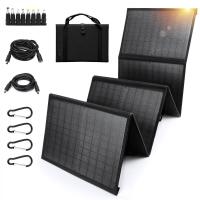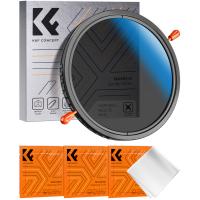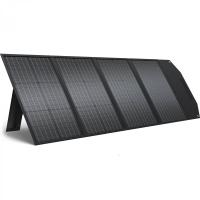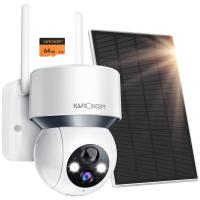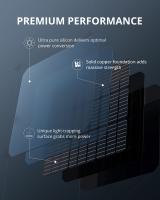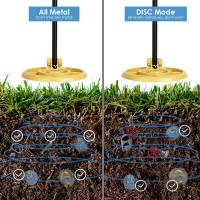How Much Can I Save Using Solar Panels?
In recent years, the adoption of solar panels has surged as more homeowners and businesses seek to reduce their energy costs and environmental footprint. The question "How much can I save using solar panels?" is a common one, and the answer depends on several factors, including location, energy consumption, and the specifics of the solar panel system installed. This article aims to provide a comprehensive overview of the potential savings from using solar panels, helping you make an informed decision about whether this renewable energy source is right for you.
Understanding Solar Panel Savings

Solar panel savings can be categorized into three main areas: direct energy savings, tax incentives and rebates, and long-term financial benefits. Each of these areas contributes to the overall cost-effectiveness of installing solar panels.
1. Direct Energy Savings
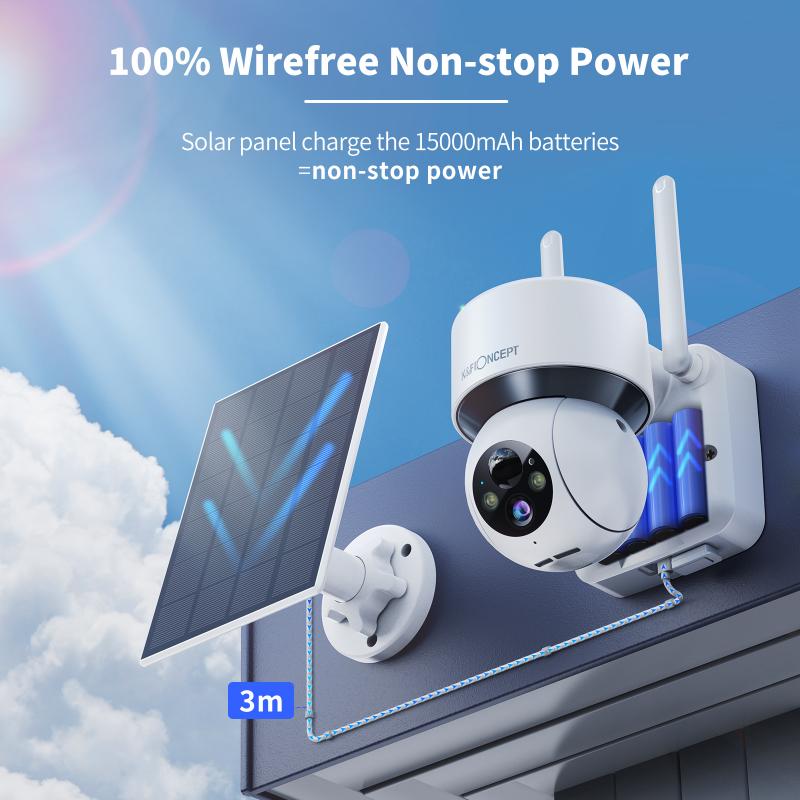
The most immediate and tangible benefit of solar panels is the reduction in your electricity bills. When you install solar panels, you generate your own electricity, which means you purchase less from your utility company. The amount you save depends on several factors:
- Energy Consumption: The more electricity you use, the more you can save by generating your own power.
- Solar Panel Efficiency: Higher efficiency panels generate more electricity from the same amount of sunlight.
- Sunlight Availability: Locations with more sunlight hours per day will generate more electricity.
- Electricity Rates: Higher local electricity rates mean greater savings when you offset your usage with solar power.
For example, if you live in a sunny state like California and have high electricity rates, your savings will be more substantial compared to someone living in a less sunny area with lower electricity rates.
2. Tax Incentives and Rebates

Governments around the world offer various incentives to encourage the adoption of solar energy. In the United States, the federal government provides a solar Investment Tax Credit (ITC), which allows you to deduct a significant percentage of the cost of installing a solar energy system from your federal taxes. As of 2023, the ITC offers a 26% tax credit for systems installed before the end of the year, with the percentage set to decrease in subsequent years.
In addition to federal incentives, many states and local governments offer their own rebates and tax credits. These can significantly reduce the upfront cost of installing solar panels, making the investment more attractive.
3. Long-Term Financial Benefits
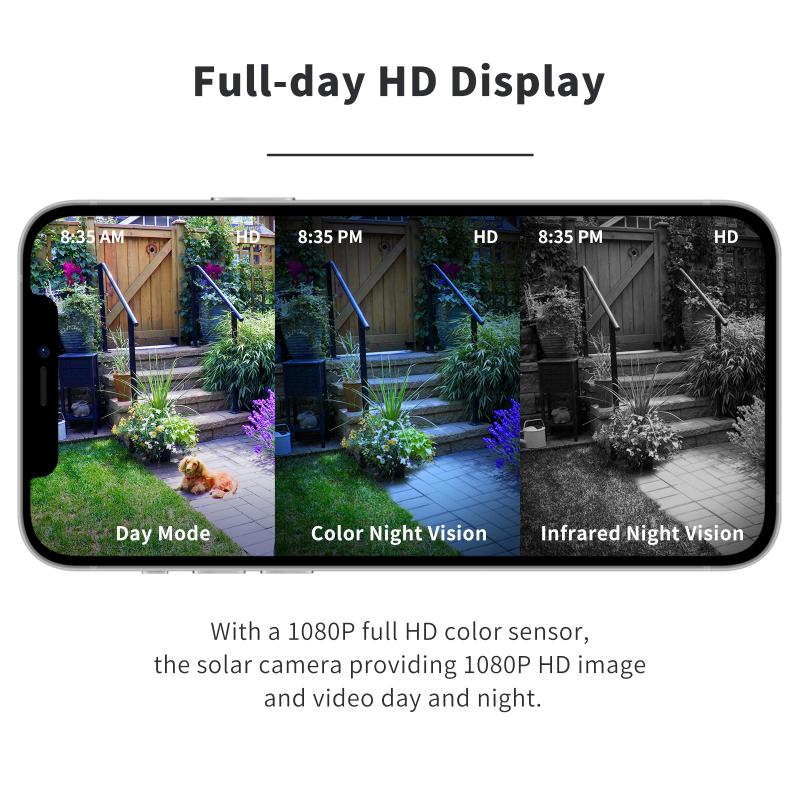
Solar panels have a long lifespan, typically around 25 to 30 years. Over this period, the savings on your electricity bills can add up to a substantial amount. Additionally, solar panels can increase the value of your property. Studies have shown that homes with solar energy systems sell for more than those without, as buyers are willing to pay a premium for the long-term energy savings.
Calculating Your Potential Savings
To estimate how much you can save with solar panels, you need to consider the following steps:
Step 1: Assess Your Energy Consumption
Review your electricity bills to determine your average monthly and annual energy consumption. This will give you a baseline to compare against the energy generated by your solar panels.
Step 2: Evaluate Your Solar Potential
Use online tools or consult with a solar energy provider to assess the solar potential of your location. These tools can estimate the amount of sunlight your property receives and the potential energy generation from a solar panel system.
Step 3: Calculate System Costs and Incentives
Get quotes from multiple solar panel installers to understand the cost of the system, including installation. Factor in any available tax credits, rebates, and incentives to determine your net cost.
Step 4: Estimate Energy Savings
Based on your energy consumption and the estimated energy generation from your solar panels, calculate your potential savings on electricity bills. Most solar providers offer calculators that can help with this estimation.
Step 5: Consider Financing Options
If the upfront cost of solar panels is a concern, explore financing options such as solar loans or leases. These options can spread the cost over time, making it more manageable.
Real-World Examples
To illustrate the potential savings, let's look at a few real-world examples:
Example 1: Residential Solar in California
A homeowner in California with an average monthly electricity bill of $150 installs a 6 kW solar panel system. The system costs $18,000 before incentives. After applying the 26% federal tax credit, the net cost is $13,320. The system generates approximately 9,000 kWh per year, offsetting the homeowner's electricity usage and saving around $1,800 annually. Over 25 years, the total savings amount to $45,000, not including potential increases in electricity rates.
Example 2: Commercial Solar in New York
A small business in New York with an annual electricity bill of $10,000 installs a 50 kW solar panel system. The system costs $100,000 before incentives. After applying the federal tax credit and state incentives, the net cost is reduced to $65,000. The system generates approximately 60,000 kWh per year, saving the business around $9,000 annually. Over 25 years, the total savings amount to $225,000, providing a significant return on investment.
Additional Considerations
While the financial savings are a major factor, there are other benefits to consider when deciding to install solar panels:
- Environmental Impact: Solar energy is a clean, renewable source of power that reduces greenhouse gas emissions and dependence on fossil fuels.
- Energy Independence: Generating your own electricity can provide a sense of energy independence and security, especially in areas prone to power outages.
- Maintenance and Durability: Solar panels require minimal maintenance and are built to withstand various weather conditions, ensuring long-term reliability.
The potential savings from using solar panels can be substantial, but they depend on various factors, including your location, energy consumption, and available incentives. By carefully assessing your energy needs, evaluating your solar potential, and considering the financial aspects, you can make an informed decision about whether solar panels are a worthwhile investment for you. Beyond the financial benefits, adopting solar energy contributes to a more sustainable future, making it a win-win for both your wallet and the environment.



